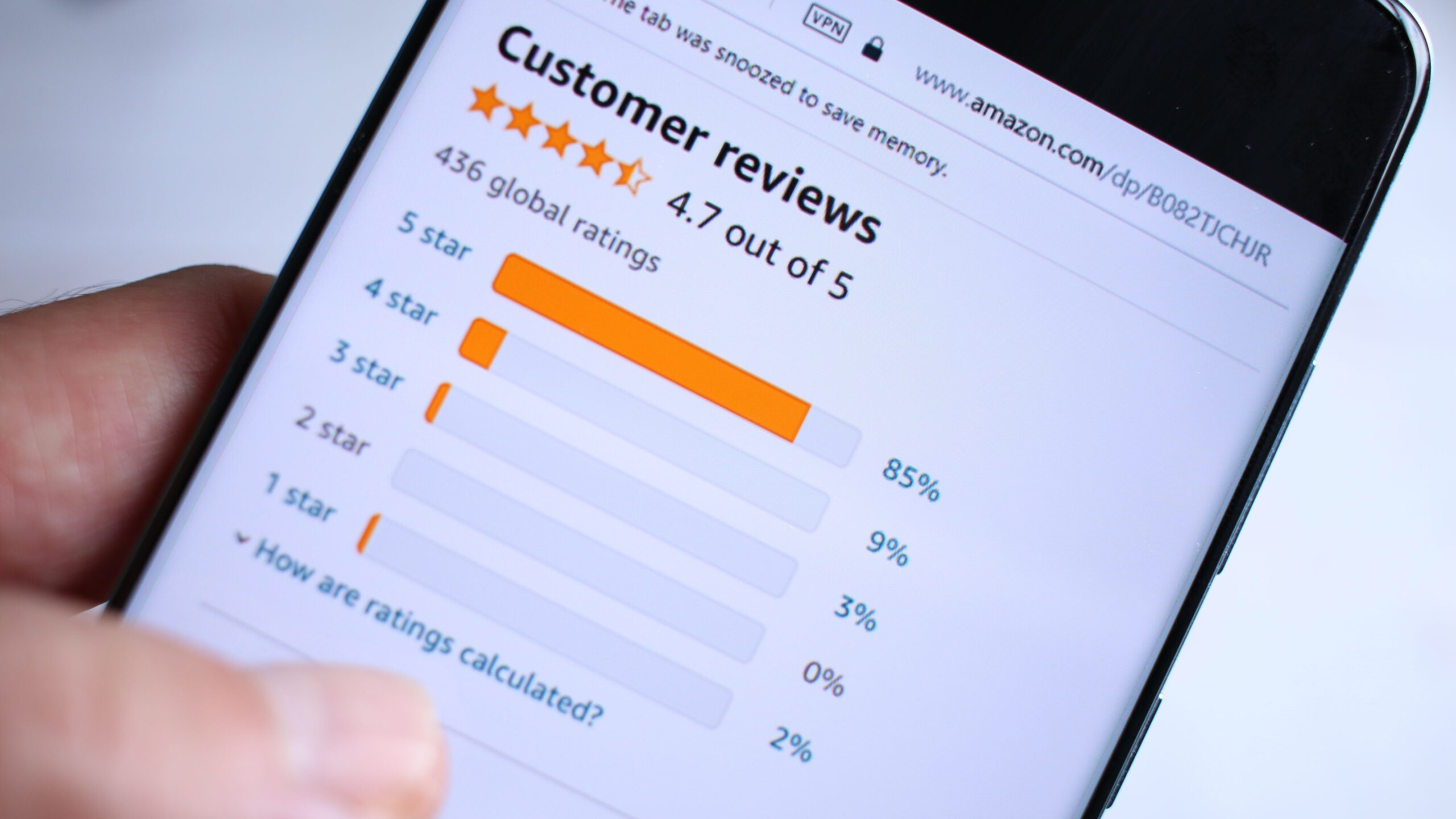Netflix Exec: To Combat ‘Piracy,’ Give Good Options
Lobbyists for copyright owners like to stress the problem of ‘piracy,’ proposing bills like the ill-fated Stop Online Piracy Act (SOPA), even when research continues to demonstrate that ‘piracy’ doesn’t always hurt, and in fact sometimes helps, content sales. Often ‘piracy’ occurs when consumers’ expectations are not being met, because of technological constraints, or markets not yet existing. If consumers can’t purchase the content lawfully, they may instead access it however they can. (Exhibit A: HBO’s ‘Game of Thrones.’)
However, content owners don’t always mind. HBO programming president Michael Lombardo spoke out recently about this ‘piracy’ of Game of Thrones, saying it’s a compliment and doesn’t hurt DVD sales. Lady Gaga’s manager Troy Carter has said ‘piracy’ is going away, thanks to technological innovation.
And just this week, a Netflix exec, in charge of Netflix’s new original content programming, echoed these sentiments. According to Gizmodo, Netflix’s Chief Content Officer Ted Sarandos “claims the modern trend for easily streaming legal content is impacting on the more hardcore Bittorrent scene, with pirate traffic dropping in countries when Netflix switches on its servers.”
Sarandos explained that this is because “people are mostly honest,” adding that:
The best way to combat piracy isn’t legislatively or criminally but by giving good options. One of the side effects of growth of content is an expectation to have access to it. You can’t use the internet as a marketing vehicle and then not as a delivery vehicle.
Sarandos is exactly right that ‘piracy’ is reduced with a market-based solution. The more services that emerge to provide consumers with superior options for content delivery the better, as competition drives down prices and spurs innovation. There are barriers to entry, such as steep copyright licensing fees that deter innovation and lawsuits from incumbents, but disruptive competitors continue to emerge. Companies shouldn’t be on the opposite side from their customers, by suing them or making their behaviors illegal; instead, they should be aware of consumers’ habits and changing norms, and innovate to meet demand.








